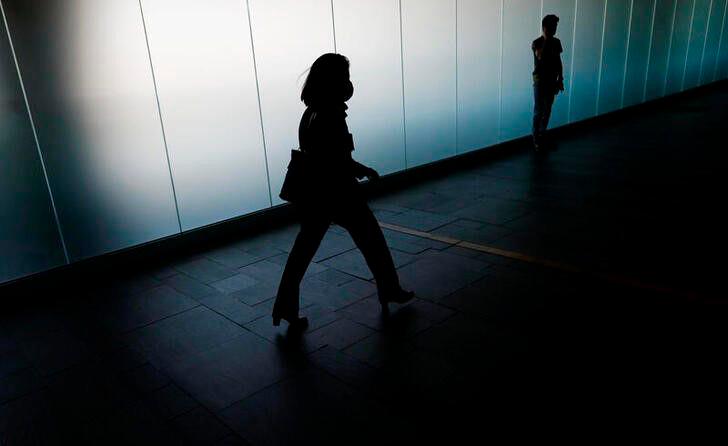PETALING JAYA: Eradicating corruption and introducing a targeted taxation system have been cited as the best ways to reduce income inequality in Malaysia.
According to think-tank Emir Research head of social, law and human rights Jason Loh, corruption has become systemic, structural and deep-rooted in the country.
“Those who engage in corrupt practices enrich themselves at the expense of the rakyat by siphoning money meant for the people, leading to illicit capital outflows,” he told theSun.
“Corruption is the primary cause of our problems. It is the ‘organising principle’ that aggravates the inequality that results from economic factors.”
He said cronyism and other such practices also result in inequitable distribution of wealth.
Loh was commenting on data that shows income inequality in Malaysia has widened even while the median household income rose.
In its Household Income and Basic Amenities Survey Report 2019, the Statistics Department stated that gross income inequality based on the Gini coefficient rose from 0.389 in 2016 to 0.398 in 2019 in urban centres and in rural areas, it went up from 0.364 to 0.367 (the higher the number, the wider the gap).
For disposable income, it rose from 0.380 to 0.385 in urban areas, but dropped from 0.365 to 0.361 in rural areas.
Apart from addressing corruption, Loh said the government should also raise revenue through targeted taxes aimed at specific sectors.
He said revenue from such taxes should then be used only for specific areas and programmes under the hypothecation tax system.
A hypothecated tax is one whose revenue is to be used only for a specific purpose.
Loh said this would demonstrate both in principle and practice the government’s commitment to reducing and closing the income gap.
“The strategy is not to broaden the fiscal base. It is still premature under the 12th Malaysia Plan,” he said.
Loh also dismissed the idea that the Goods and Services Tax should be reinstated.
“It does not make sense when more people, including those in the M40 group, are already seeing their purchasing power eroded,” he said.
He said “a staggering” 580,000 households have already dropped from the M40 group into the B40 category, adding that 639,800 households have been classified as “poor” as of 2020.
Furthermore, about 2.1 million people are now considered under-employed.
“All this means that the purchasing power of Malaysians has been badly affected and will remain so for the long term,” he said.
Loh said the heavy dependence on migrant labour has also led to depressed wages.
He added the government should do more to create jobs by working with the private sector on public-private partnership programmes.
“We must also have a job guarantee scheme to help the poor make the transition into the private sector and to groom entrepreneurs who can then create more jobs.”
Universiti Malaya professor of Economics Datuk Dr Rajah Rasiah said the widening of the income gap could have resulted from the removal of the 1Malaysia People’s Aid programme, given that it is more based on poverty line income.
He proposed that more welfare-based strategies, such as social safety nets be introduced to support the poor.
“The B40 and M40 groups have become poorer after the Covid-19 outbreak. Their income has fallen because of the economic slowdown. The lockdown has also stifled their capacity to continue with their economic activities,” he told theSun.
Rajah believes that the 12th Malaysia Plan “appears short” on its ability to achieve set targets.
“Wealth distribution was discussed in the Shared Prosperity Vision blueprint but there are no concrete action plans.”
He said a more effective way is to introduce capital gains taxes on stocks while raising the same tax on properties.
“(These ideas) need to be complemented by efforts to attract the participation of the poor.”














